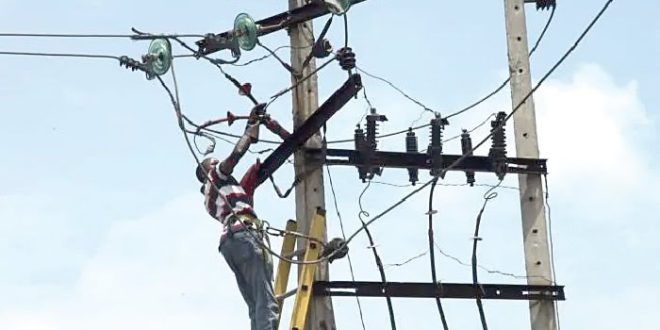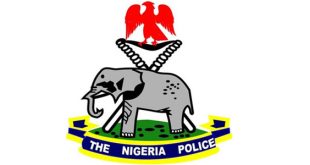By Ekpenyong Emmanuel
The Federal Government is set to increase electricity tariffs in a move aimed at attracting private investment and boosting revenue for Nigeria’s struggling power sector.
The planned hike, announced by Special Adviser to President Bola Tinubu on Energy, Olu Verheijen, at the Africa Heads of State Energy Summit in Tanzania, has raised concerns over its impact on ordinary Nigerians, especially low-income earners.
Verheijen highlighted the need for a cost-reflective tariff, stating, “One of the key challenges we’re looking to resolve over the next few months is transitioning to a cost-efficient but cost-reflective tariff, so the sector generates the revenue required to attract private capital while also protecting the poor and vulnerable.”
The government has outlined a $32 billion plan to expand electricity connections by 2030. However, the existing power infrastructure remains weak, struggling to efficiently transmit and deliver electricity. Despite having an installed capacity of 14 gigawatts, only about 8 gigawatts can be transmitted, with just 4-5 gigawatts reaching Nigerian homes and businesses.
The proposed tariff hike is expected to benefit electricity distribution companies (DisCos), which have long advocated for cost-reflective tariffs to help clear their debts and improve operations.
However, many Nigerians fear that an increase in tariffs could worsen the already dire situation, as the country’s electricity supply remains highly unreliable, disrupting daily life and business activities.
To cushion the effect on low-income earners, the government has promised to introduce subsidies for vulnerable electricity users.
This measure is aimed at ensuring that the most affected Nigerians are not overburdened by the hike.
As the government pushes forward with these plans, Nigerians will be watching closely to see how the new tariff regime unfolds and whether it will lead to the much-needed improvements in power supply.
 National Telescope national telescope newspaper
National Telescope national telescope newspaper



